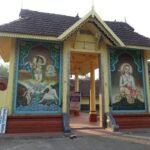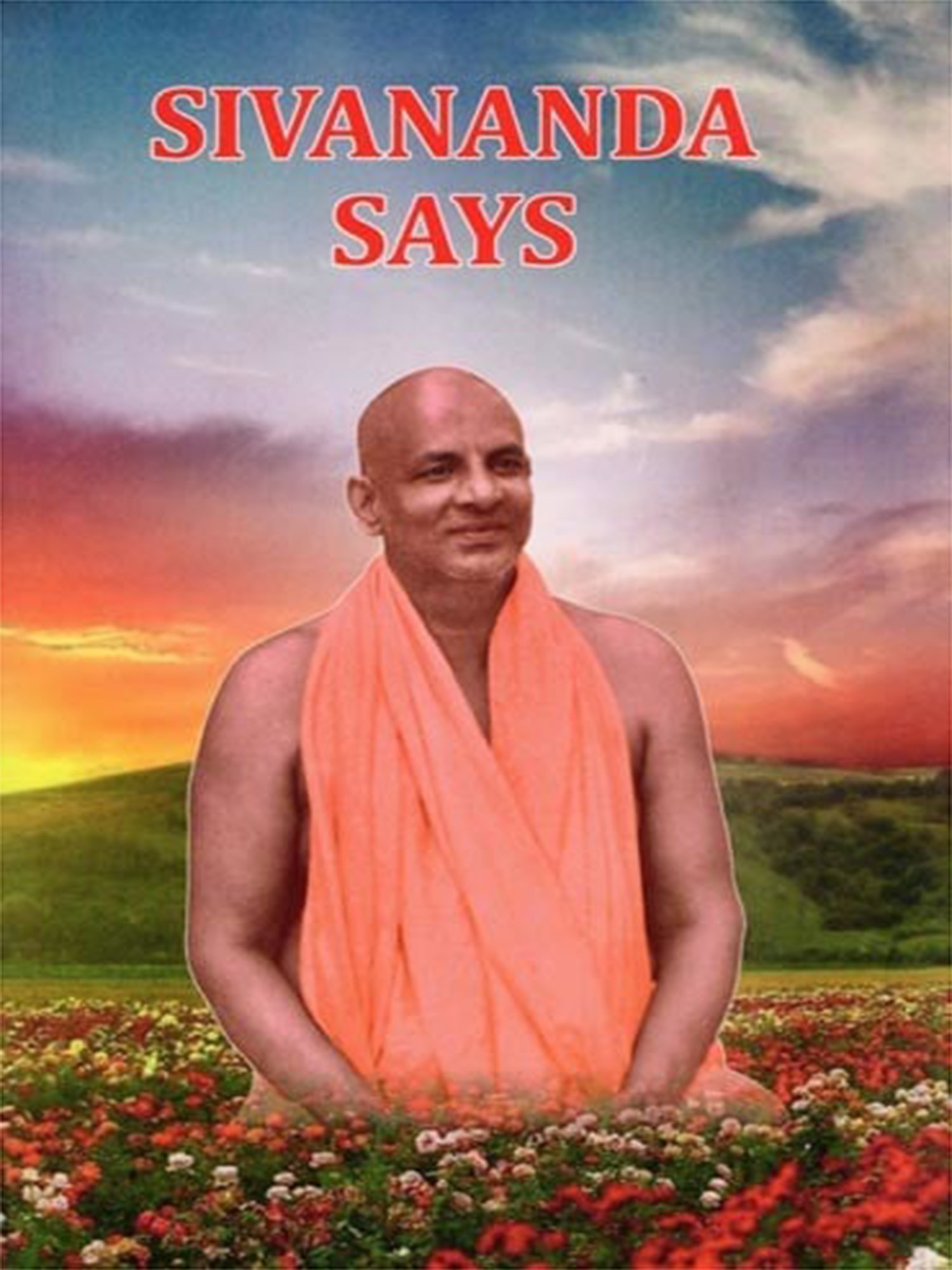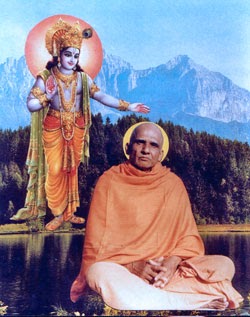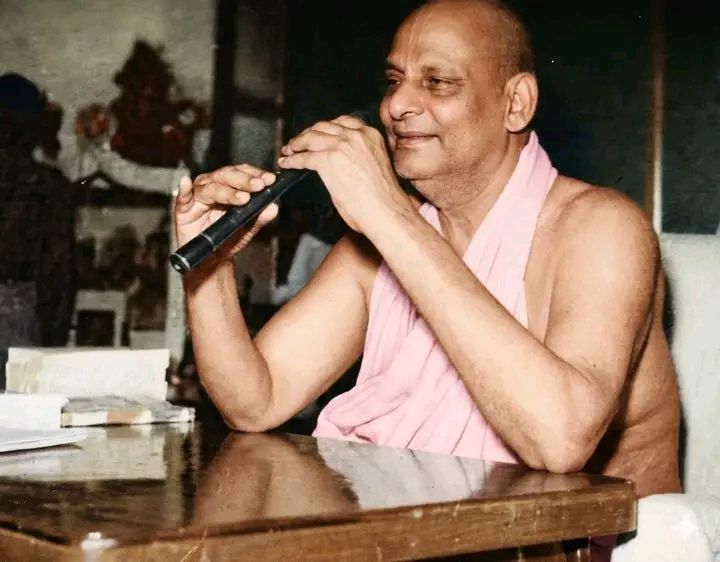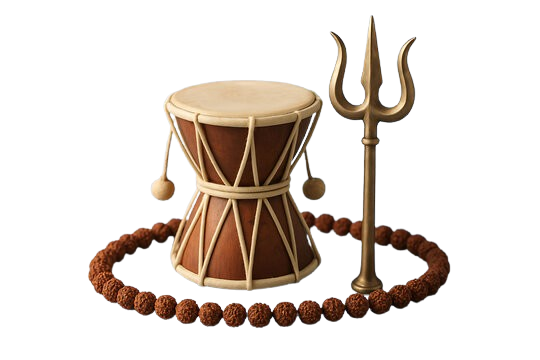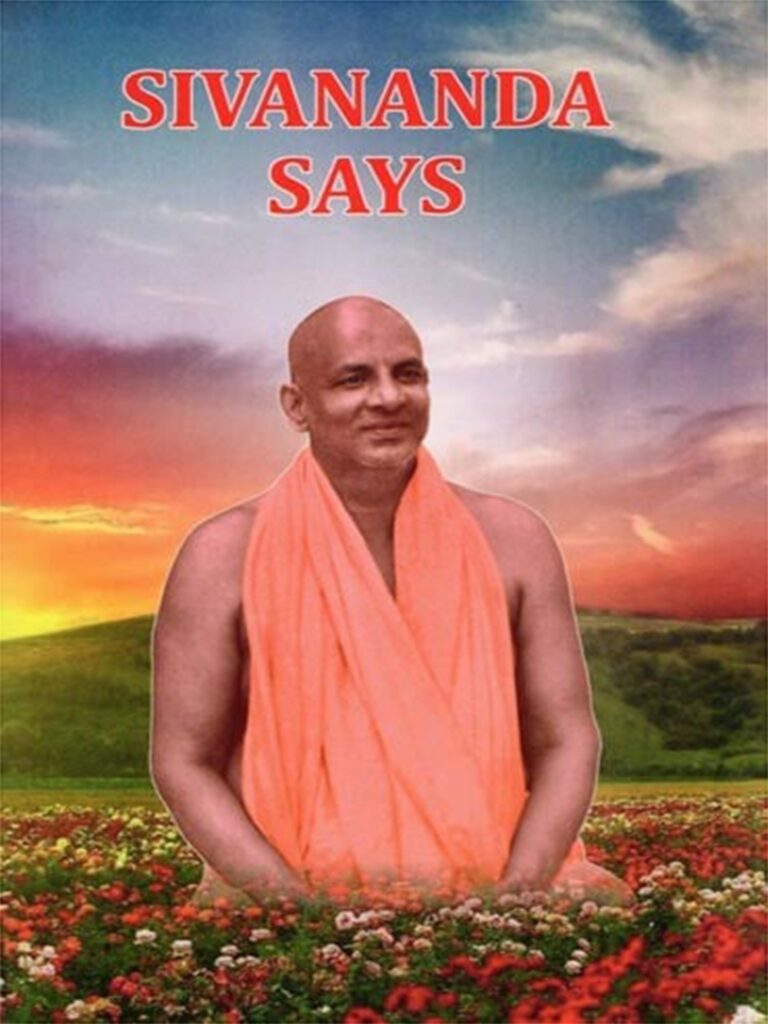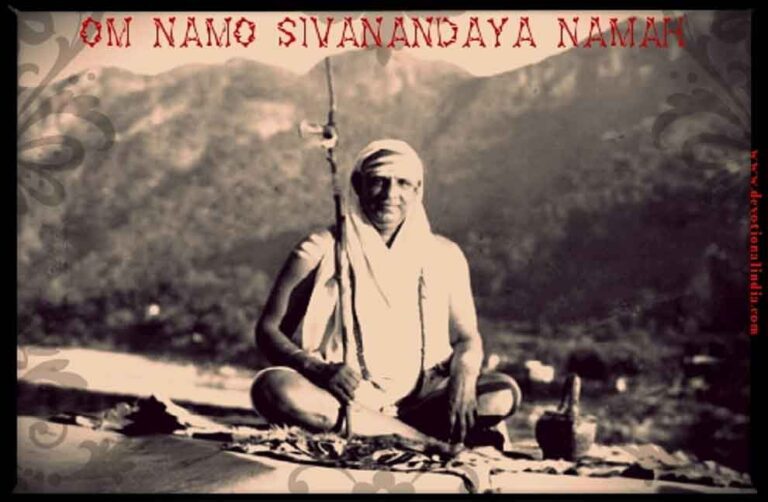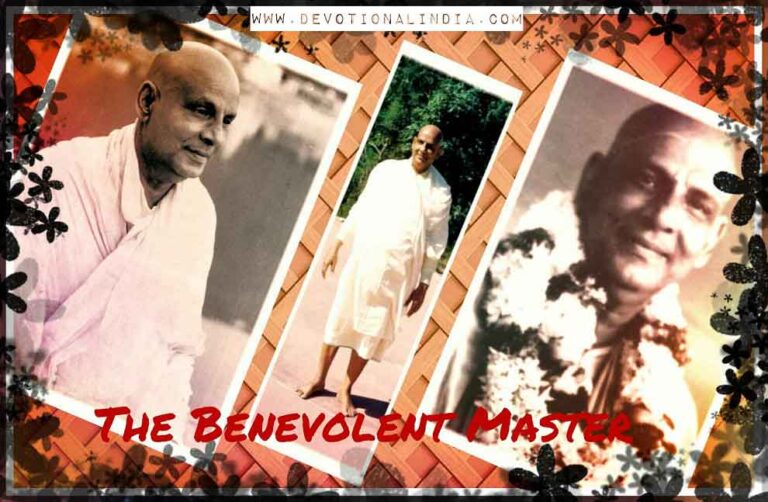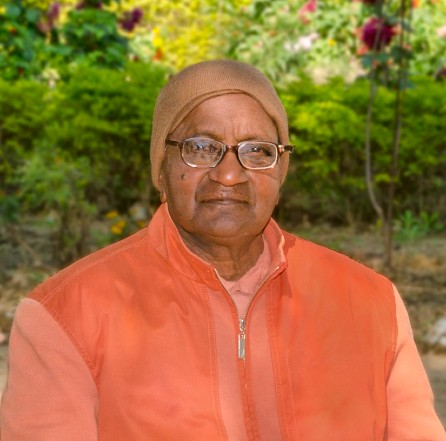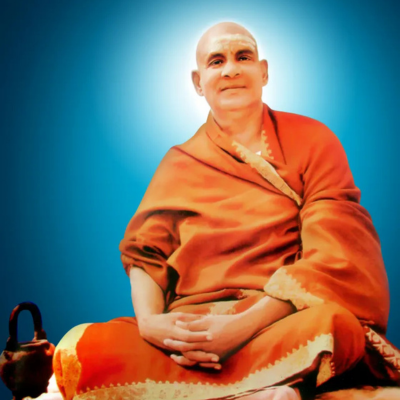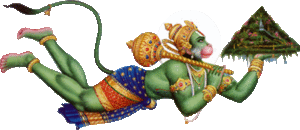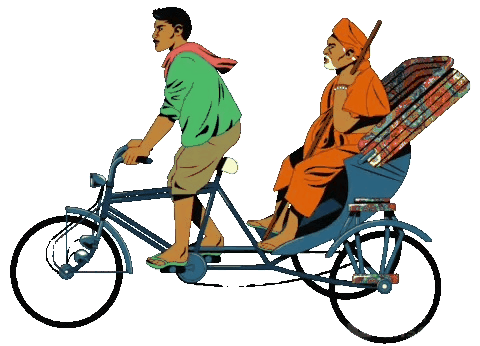Naraka Chaturdashi
Naraka Chaturdashi
Naraka Chaturdashi, also known as Choti Diwali or Kali Chaudas, is celebrated a day before Diwali to mark the victory of Lord Krishna, Goddess Satyabhama, and Goddess Kali over the demon Narakasura, symbolizing the triumph of good over evil and light over darkness. On this day, people wake up early, take ritual oil baths, wear new clothes, and light diyas to drive away negativity and invite positivity. Homes are decorated with rangoli and lamps, and families perform puja for health, prosperity, and happiness. In many regions, it is also associated with beauty rituals and self-care, known as Roop Chaudas. Naraka Chaturdashi not only prepares devotees for the grand Diwali festival but also reminds everyone of the eternal message that righteousness and truth always defeat evil and darkness.
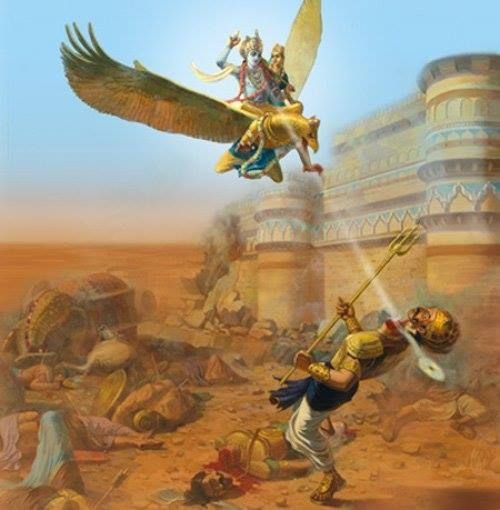


Naraka Chaturdashi, also called Choti Diwali or Kali Chaudas, is observed a day before Diwali to commemorate Lord Krishna’s victory over the demon Narakasura. People wake up early, take ritual oil baths, wear new clothes, light diyas, and decorate homes to ward off negativity and welcome health, prosperity, and happiness.
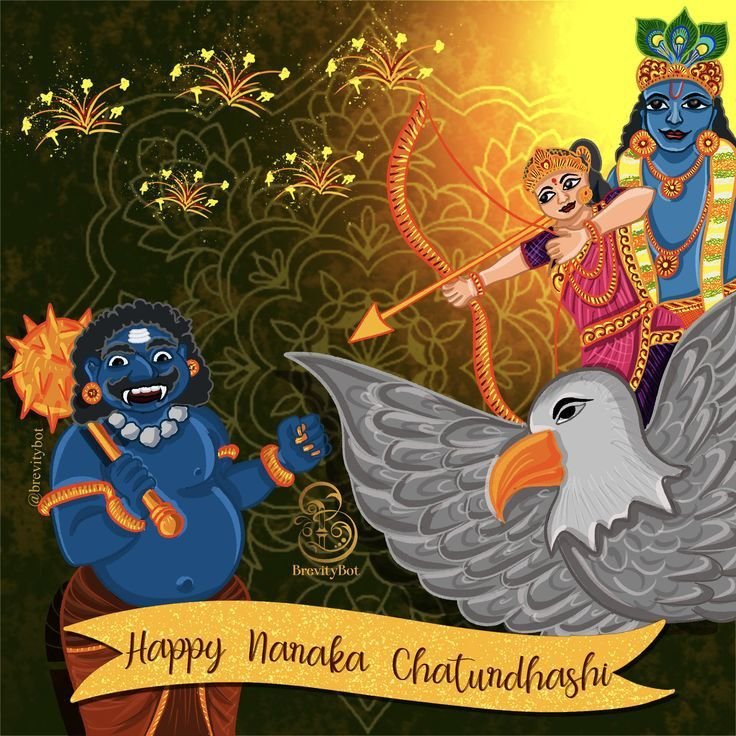

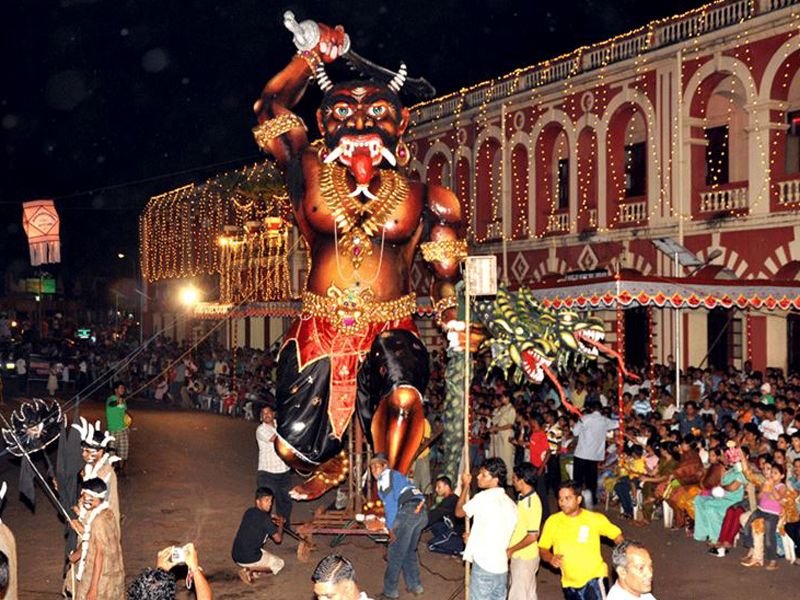


Rituals & Traditions of Naraka Chaturdashi

Naraka Chaturdashi, also popularly known as Choti Diwali, Kali Chaudas, or Roop Chaudas, is celebrated a day before the grand festival of Diwali and carries deep religious and cultural significance. According to ancient Hindu mythology, this day commemorates the victory of Lord Krishna, assisted by Goddess Satyabhama and Goddess Kali, over the demon king Narakasura, who had imprisoned thousands and spread terror and darkness across the world. His defeat is seen as the triumph of righteousness, truth, and light over evil, lies, and darkness, making Naraka Chaturdashi a festival that inspires hope and positivity. On this day, people wake up early before sunrise, apply fragrant oil to their bodies, and take a holy bath, which is believed to wash away sins, cleanse impurities, and invite good health and long life. Afterward, devotees wear new clothes, clean their homes, and decorate them with colorful rangoli, fresh flowers, and rows of glowing diyas to welcome prosperity and ward off negativity. Families come together to perform special puja for peace, happiness, and well-being, and in many regions, the festival is also associated with Roop Chaudas, when people follow traditional beauty rituals for enhancing inner and outer radiance. In the evening, homes shine with diyas, sweets are shared,
Spiritual Importance & Cultural Significance
Naraka Chaturdashi, also called Choti Diwali, Roop Chaudas, or Kali Chaudas, is an important festival celebrated a day before the grand Diwali and holds immense cultural, spiritual, and mythological significance. According to Hindu legends, it marks the victory of Lord Krishna, assisted by Goddess Satyabhama and Goddess Kali, over the demon king Narakasura, who had spread cruelty, fear, and darkness by capturing thousands of innocent beings. His downfall is remembered as the triumph of light over darkness and good over evil, a central theme of the Diwali season. On this day, people wake up very early, apply oil on their bodies, and take a ritual bath before sunrise, as it is believed to cleanse away sins, impurities, and negative energies, ensuring long life, health, and prosperity. After the sacred bath, devotees wear new or festive clothes, clean and decorate their homes with colorful rangoli, flower garlands, and rows of shining diyas, creating a warm and divine atmosphere. Families gather together to perform special puja for Goddess Kali, Lord Krishna, or Lord Yama, depending on regional traditions, and offer prayers for happiness, prosperity, and well-being. Naraka Chaturdashi is also widely known as Roop Chaudas, when people observe beauty and self-care rituals, believed to enhance inner glow and outer radiance. In the evening, lamps are lit in every corner of the house, sweets are shared among relatives and friends, and the joyous spirit of togetherness spreads everywhere.
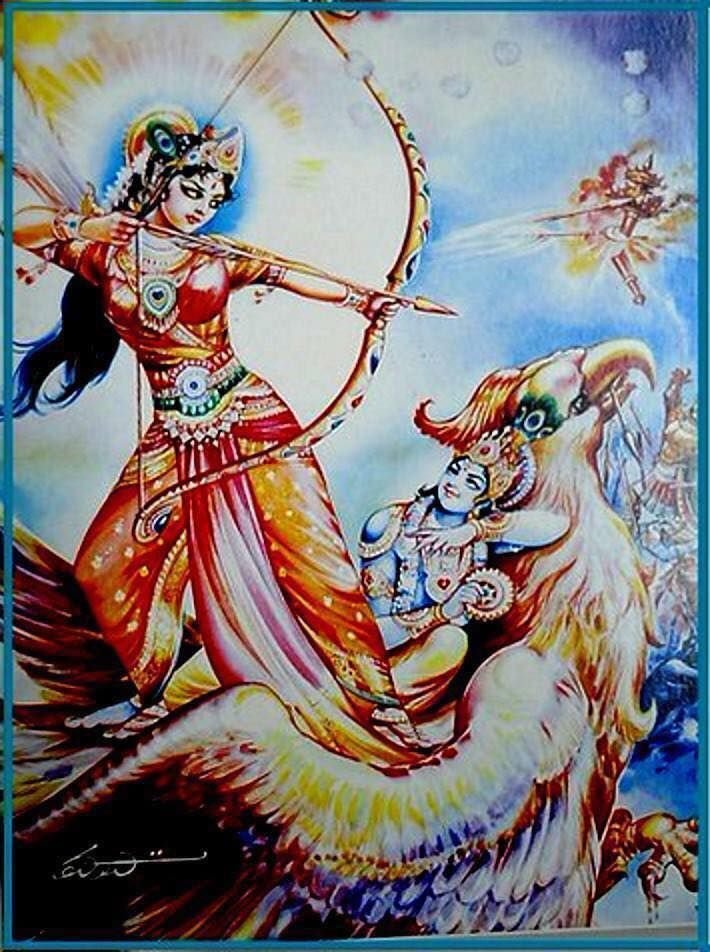

Food & Sweets & Modern Celebrations
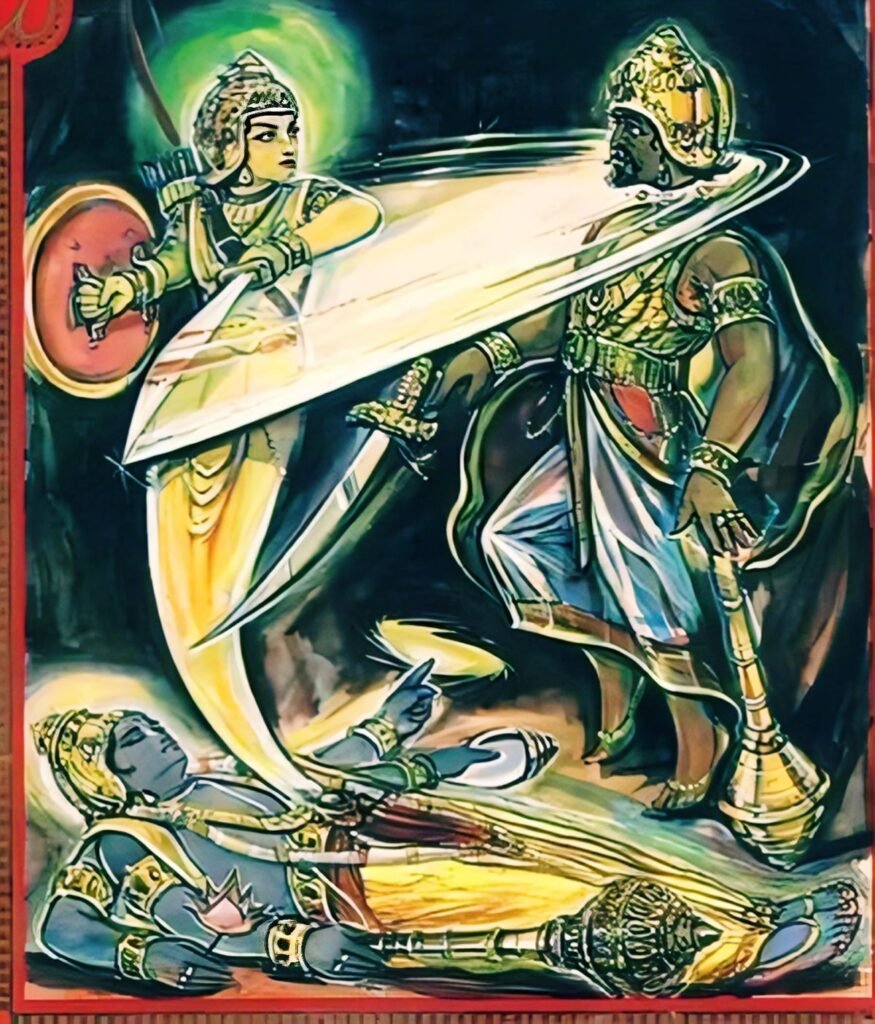
Naraka Chaturdashi, also known as Choti Diwali, Roop Chaudas, or Kali Chaudas, is celebrated a day before the grand festival of Diwali and is regarded as one of the most significant occasions in the Hindu calendar. Rooted in mythology and tradition, this day commemorates the great victory of Lord Krishna, with the support of Goddess Satyabhama and Goddess Kali, over the tyrant demon king Narakasura, who had spread terror, cruelty, and darkness by capturing thousands of innocent beings. The slaying of Narakasura is remembered as a powerful symbol of the triumph of good over evil, truth over lies, and light over darkness, a theme that perfectly aligns with the essence of Diwali. On Naraka Chaturdashi, people wake up before sunrise, apply fragrant oil or herbal ubtan to their bodies, and take a ritual bath, which is believed to remove impurities, sins, and negative energies, while blessing devotees with long life, good health, and prosperity. After this sacred bath, families wear new or festive clothes, decorate their homes with colorful rangoli designs, flower garlands, and rows of glowing diyas, symbolizing the spreading of light and positivity. The puja rituals vary across regions—some worship Lord Krishna for his victory, others honor Goddess Kali, while many also perform Yama Puja, seeking protection from untimely death. Naraka Chaturdashi is also associated with Roop Chaudas, during which people follow traditional beauty and self-care rituals, believed to enhance inner and outer radiance. In the evening, homes shine brightly with diyas, sweets are exchanged with relatives, neighbors, and friends, and firecrackers are burst in many regions to mark the joyous occasion. Beyond its rituals, Naraka Chaturdashi holds a deeper message—it encourages people to drive away darkness, ignorance, and negativity from their lives while embracing light, knowledge, goodness, and positivity. Thus, this festival not only honors a mythological victory but also prepares devotees spiritually and emotionally for the grand Diwali celebrations that follow, making it a cherished occasion of joy, renewal, and togetherness.




